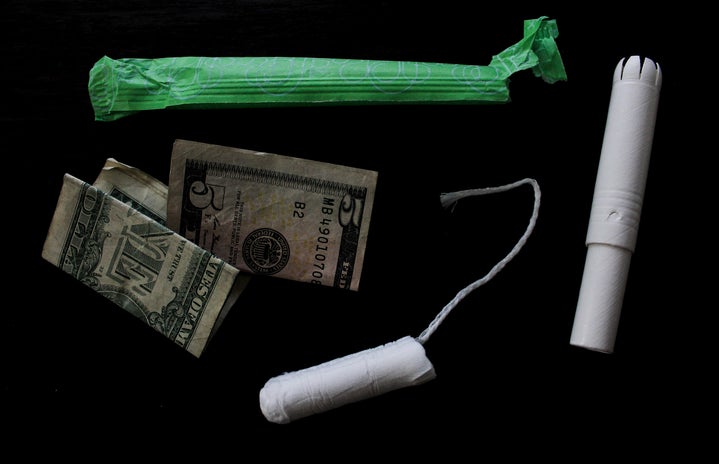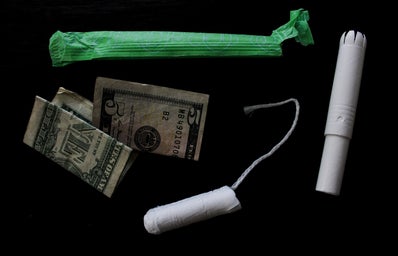The women of Palestine face the extreme yet unseen consequences of occupation and constant turmoil in their land. According to a study led by the National Library of Medicine from March 2023, around a quarter of a sample of 400 women at Birzeit University in Gaza reported that they did not have the necessary funds to purchase period products. In addition, 70.8% of those students reported that their University does not supply them with such period products. Inaccessibility to period products is a major issue that can lead to young women being forced to resort to unsanitary alternatives that can have severe health implications. 28.5% of the women reported using toilet paper, nappies, or reusable rags which are unhygienic and according to an article by UMich’s School of Public Health, “put menstruators at a heightened risk for urogenital infections, such as urinary tract infections and bacterial vaginosis”.
The consequences of period poverty go beyond health implications to include severe mental and social issues as well. Women are more likely to miss out on school, jobs, and important life events if they are on their period and do not have the means or access to period products. This furthers the gender pay gap that is prominent in Palestine, and it is another factor that restricts Palestinian women’s education, which is already challenged by education-related incidents led by the Israeli military (more information on that topic can be found here).
The stigma around menstrual cycles is large in Palestine with 38.5% of students from the aforementioned National Lbrary of Medicine’s study sharing that they do not feel comfortable purchasing period products and 24.1% sharing that they feel dirty during their period. Shame and embarrassment around a health subject such as menstrual cycles can promote misinformation and affect the mental health of these young girls. This large statistic could be explained by the widespread lack of information that even these college students have regarding menstrual cycles. More than half (65.3%) of the women in the sample reported not being properly informed and prepared before menarche.
While the context of period poverty and the educational and health effects of living in an occupied state are important, it is even more important to note that this was the context for Palestinian women before the heightened war that has been waging since October 7, 2023. A month of war has resulted in the deaths of more than 10,000 innocent Palestinian civilian, with more than half of those deaths being women and children according to the Ministry of Health in Ramallah. The target of healthcare buildings such as the Al-Shifa and Al-Ahli hospitals not only resulted in tragic deaths and casualties, but further contributed to the issue of period poverty in Palestine that has been emphasized by the dislocation of many to refugee camps. The attacks on healthcare systems limits the already limited “resources and equipments for sexual and reproductive health and rights”.
As the Palestinian death roll rises drastically and conditions in Gaza worsen day by day, the extent of period poverty has become so extreme that some Palestinian women have resorted to taking norethisterone tablets. These tablets are generally taken to aid in menstrual issues such as excessive bleeding or pain and serve to temporarily delay a menstrual cycle. An Aljazeera article shares the story of 41 year old Salma Khaled who has been uprooted into a refugee camp due to the war in Gaza, which has had severe consequences for her mental and physical health. The mental toll and stress as a result of the ongoing bombing and attacks in Gaza have affected her menstrual cycle to the point of her having an irregular cycle with excessive bleeding that she cannot handle. In this cruel and tragic war, period products and proper hygiene are a luxury Salma and many other Palestinian women cannot afford. The wider availability of the generally unused norethisterone tablets compared to the decreasing amount of pads and tampons in stores in Gaza makes it a more logical alternative for many.
In the face of tragedies such as the ongoing humanitarian crisis in Gaza, the unheard challenges faced by women must be brought to light and the long term consequences of the relentless bombings and indiscriminate killing of civilians on the mental and physical health of those affected must be acknowledged.


